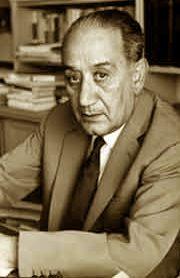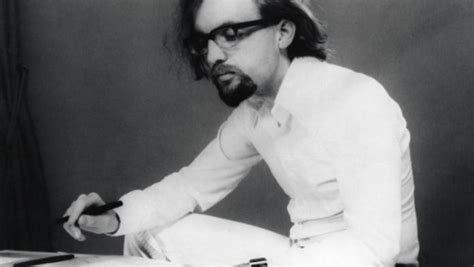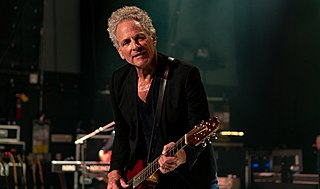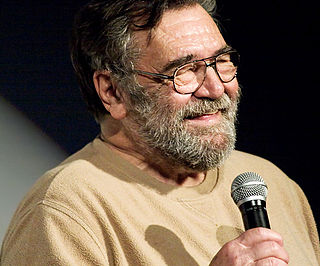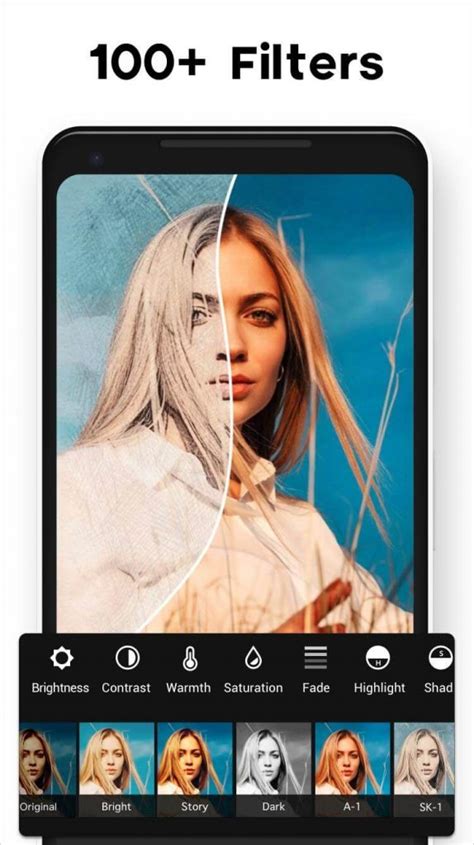A Quote by Ludwig Wittgenstein
The form is the possibility of the structure.
Quote Topics
Related Quotes
Branches or types are characterized by the plan of their structure,
Classes, by the manner in which that plan is executed, as far as ways and means are concerned,
Orders, by the degrees of complication of that structure,
Families, by their form, as far as determined by structure,
Genera, by the details of the execution in special parts, and
Species, by the relations of individuals to one another and to the world in which they live, as well as by the proportions of their parts, their ornamentation, etc.
Though I consider The Chronology of Water to be an anti-memoir for very precise reasons, it is an art form, and thus as open to "critique" as any other art form. Memoir has a form, formal strategies, issues of composition and craft, style, structure, all the elements of fiction or nonfiction or painting or music or what have you.
The intrinsic social structure, the family structure and so forth, is certainly in a very bad state. And I think that this is showing up in productivity. I think part of the reason, and I can't prove this, we're seeing a decline in some places is the breakup of the family, which is partly the result of an extreme form of individualism.
We've always had the sensibility that you work on the set, and you structure it, much like a play, where once you've got the lines down and blocking right, you freeze it, and then you go out and do what you're doing night after night. You want to structure something that has form and that builds the right dynamic from start to finish.
Regarding pushing the form, ideas interest me more than form. I think you can write a very subversive play in a three-act structure. The content makes the play. I feel the form is simply dressing, because ultimately, you want to communicate to the audience, and sometimes the best way to do that is to present a provocative idea in a format that is comfortable for them to receive. Then the idea will come through directly, right in solar plexus. After all, I want to make a living as an artist, and that means speaking to the audience in a form they can understand.

